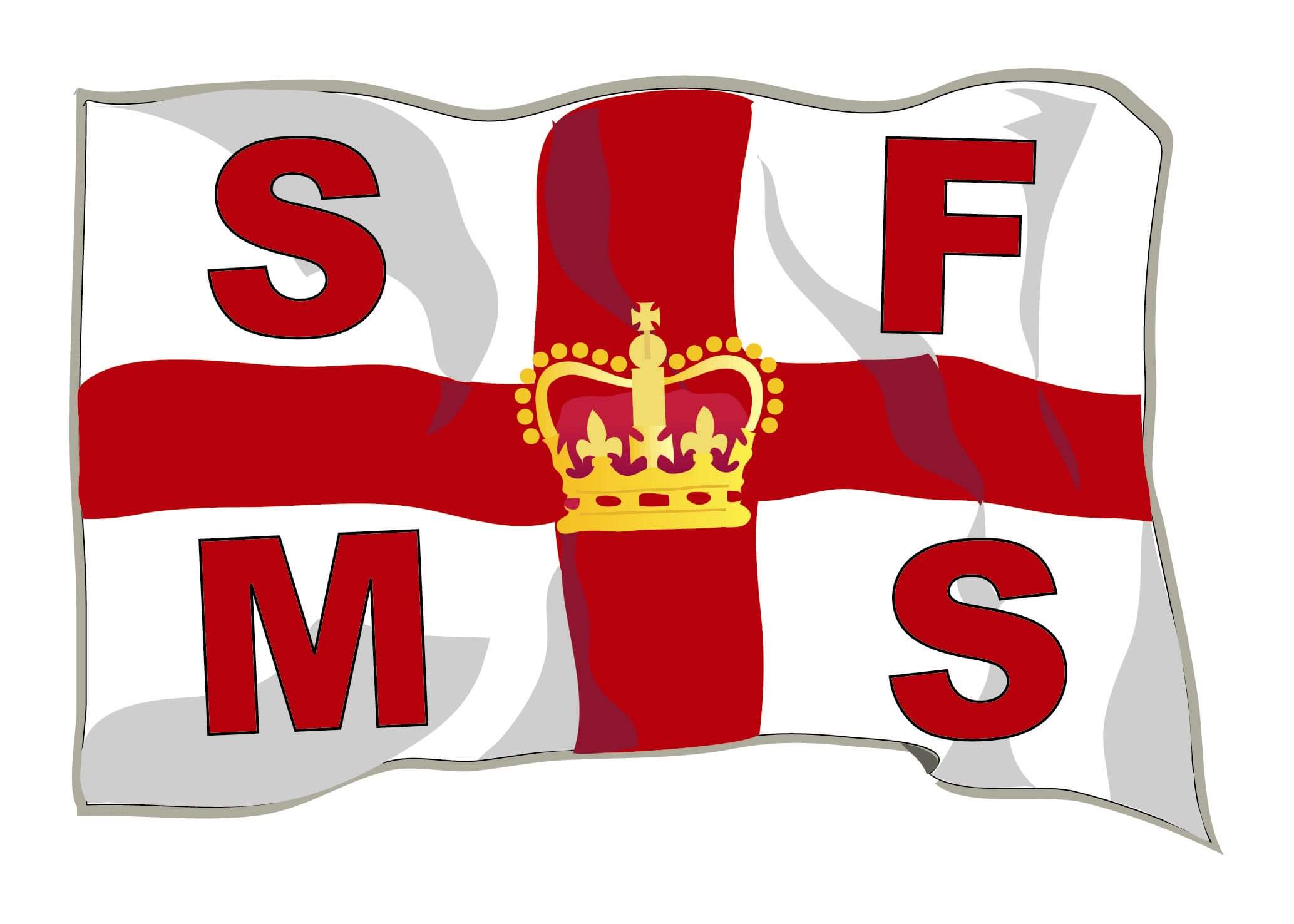Emile Robin 1889/90

The EMILE ROBIN award to Captain D Munro and Chief Officer H Hanson of the ss ‘Stag’ of North Shields for the rescue of the crew of the German ship ‘Shakespeare’ of Bremen on 20th December 1889.
The statement of Captain David Munro, reads:
On 20th December 1889, off the banks of Newfoundland, during voyage from Bremen to New York, the wind was blowing at hurricane force and we were forcing our way through big seas, when, about 3 am., the look-out discovered away in the distance, through a veil of rain and hail, the lights of some vessel about 3 miles or so off. The first light was quickly followed by another, and then a huge rocket shot skyward. I knew that it was a ship in distress trying to attract our attention. I kept the light in sight and headed for them. When daylight dawned I was close enough to discern a dismasted ship, her crew waving and shouting in the frenzy of despair. About 7.15 am, I was close enough to signal the vessel, which proved to be the American clipper built German ship Shakespeare, bound from Hamburg to New York. I told them to keep their courage and that I would pick them up at the first opportunity. At that time it was blowing a frightful hurricane and a boat could not have lived a moment in the seas. Shortly after a heavy snow squall shut out the fast sinking ship, and all through the following day and night the vessel was obscured, but every once in a while we could see the flash of lights and rockets telling us where they were. All that night we sailed about the ship, hoping that the storm would abate sufficiently to allow us to go to the crew’s succour. For hours we could not see their distress signals, and it gave me intense anxiety for fear I would lose them. When morning dawned I again made a search for the ship. After hours of fruitless endeavour the snow squall suddenly ceased, the mist cleared away, and disclosed the ship to our view. She was almost level with the water. The sea was still frightfully high, but I knew that the crew’s safety depended upon my promptness. I ordered away the port quarter boat, and called for volunteers to man it. Everyone of my crew to a man instantly responded to the call of duty and humanity. Second Officer Noel and 4 of my ablest seamen manned the boat and rowed to the rescue. On account of the heavy sea the boat could not get within 50 feet of the sinking ship. Then those on the ship threw my men a line and jumped into the sea, and, with the aid of the rope, were pulled through the sea into the boat. Owing to the state of the sea, my boat, which was the jolly-boat, could only rescue 5 men the first time, and it made 4 successive trips, each of the men having first to jump into the sea, and then, with the aid of the line which was attached to their ship, swim off towards the boat. On the last 2 trips a fresh crew of volunteers, in charge of First Officer Harold Hanson, went to the wreck. Chief Officer Ferdinand Mette, the last person to leave the sinking vessel, could not hold on to the rope, his hands being so sore and blistered from exposure and cold, and had to swim the whole distance, my men dragging him out of the water, benumbed and exhausted. The rescue, although attended with the gravest difficulty, was successfully accomplished, and the conduct of my men and the presence of mind displayed by the Shakespeare’s crew are deserving of the highest praise. We abandoned the ship, and the late Captain’s pet dog, to the mercy of the elements, and continued on our trip. The rescued men were weak and exhausted from fatigue and exposure, and were one mass of bruises and sores. They had been tossing about the Atlantic for nearly 2 months, having left Hamburg on 24th October. Their ship was dismasted in a gale on 17th December, in which she also sprang a leak. For 4 days and nights, amid frightful hurricanes, the big seas constantly sweeping over them, the brave crew manfully worked at the pumps, in a hopeless endeavour to keep their ship afloat. Captain Carl Muller, of the Shakespeare, died from heart disease on 17th December, and, just as a big sea swept his ship, hurling the mizzen mast with part of the mainmast to the deck, his body was buried in the sea.
Communication to Captain Munro from Chief Officer Ferdinand Mette, of the Shakespeare:- We, the officers and crew of the German ship Shakespeare, being about to depart for Europe, desire to express to you, our heartfelt thanks for the kindness and relief given to us in our recent disaster. Our ship, in mid ocean, was dismasted and nearly filled with water, the rudder damaged, and pumps disabled; our Captain dead, and ourselves exhausted by protracted exposure. The ship would undoubtedly have foundered in a short time, and all on board have perished, had it not been for your timely appearance and prompt assistance. You stood by us for nearly 36 hours, and at great risk of your lives, lowered and sent a boat to us, and by your heroism and daring succeeded in saving our entire ship’s company.
After you had taken us on board your vessel, you extended to us every kindness; our wounds were dressed, and we were fed and clothed. A loving mother could not have treated her children more tenderly. In conclusion, we feel and know that to your bravery we owe our lives, and we shall always cherish your memory in our hearts.


